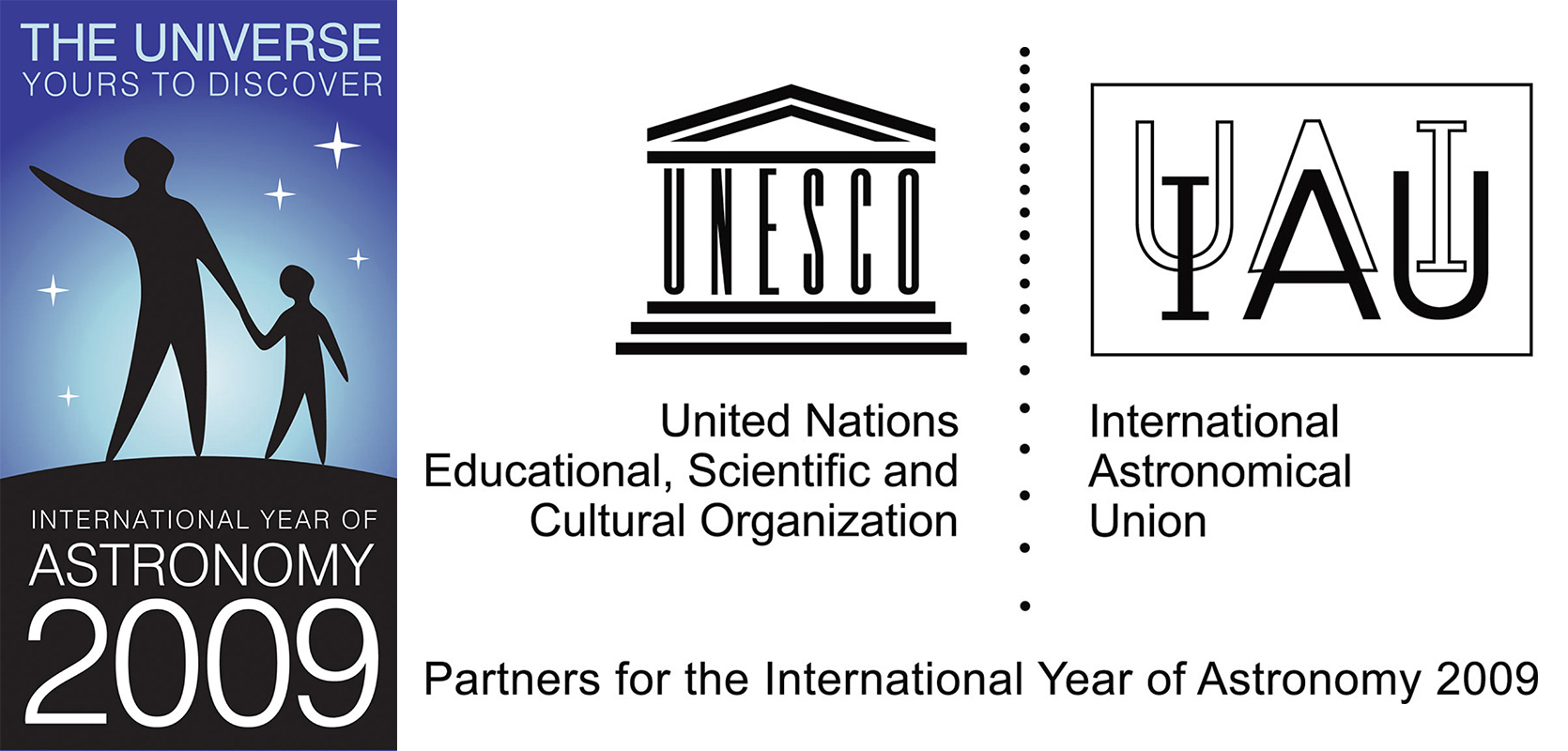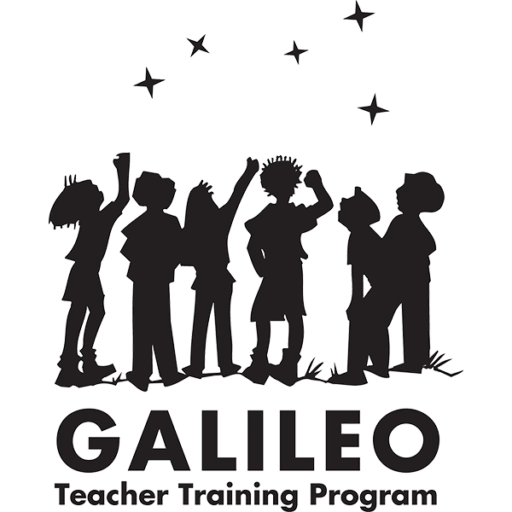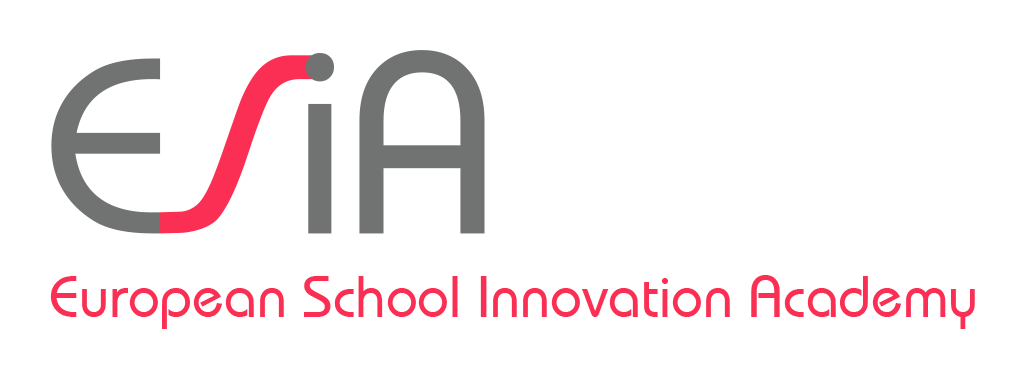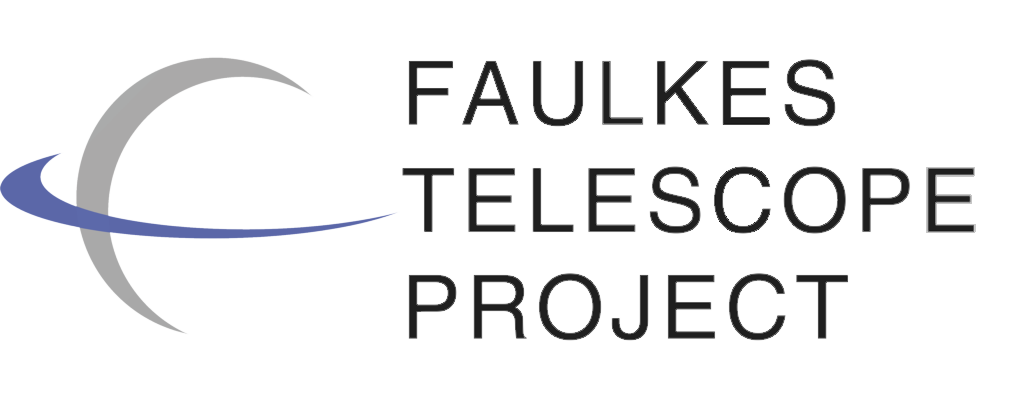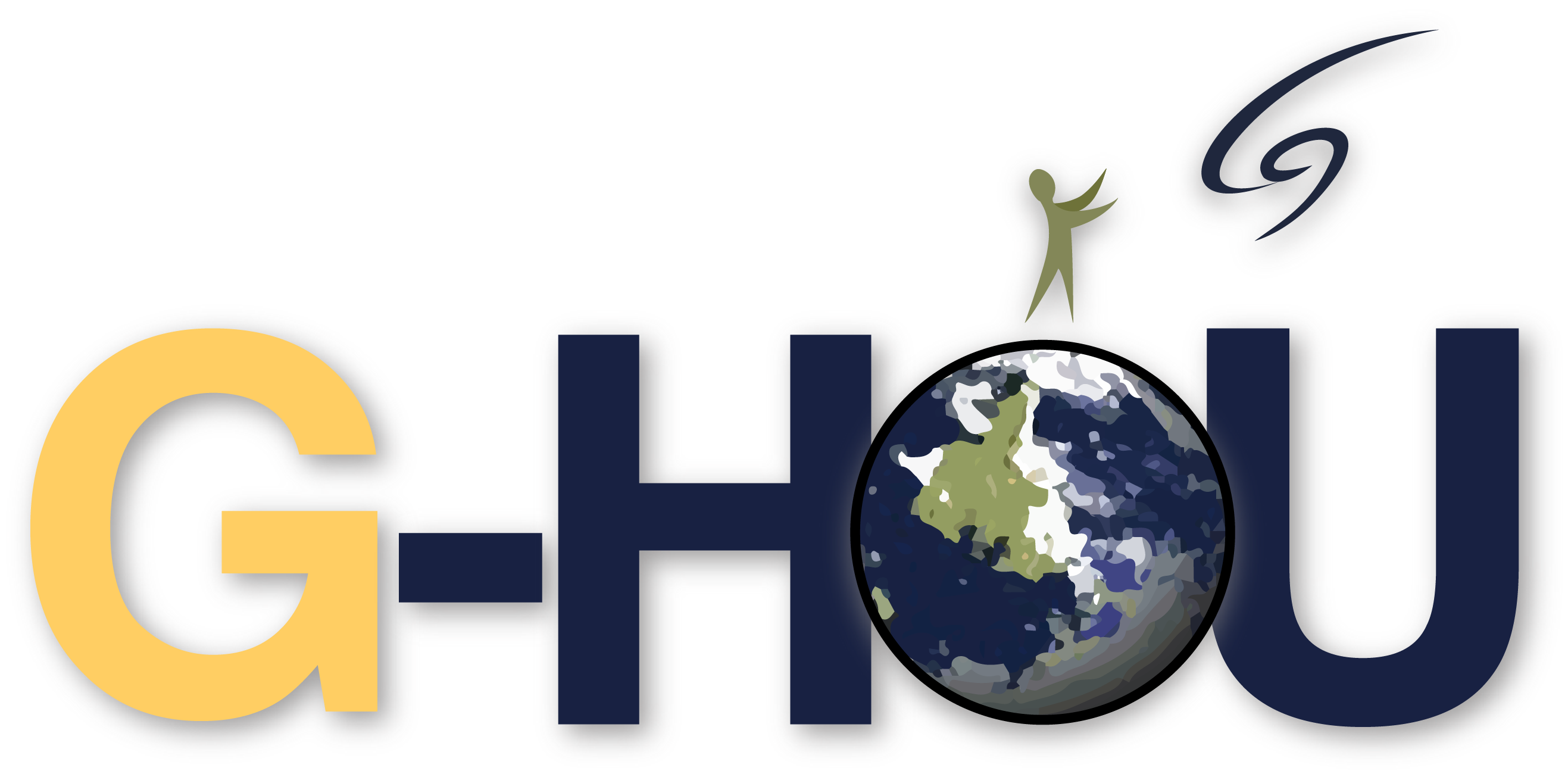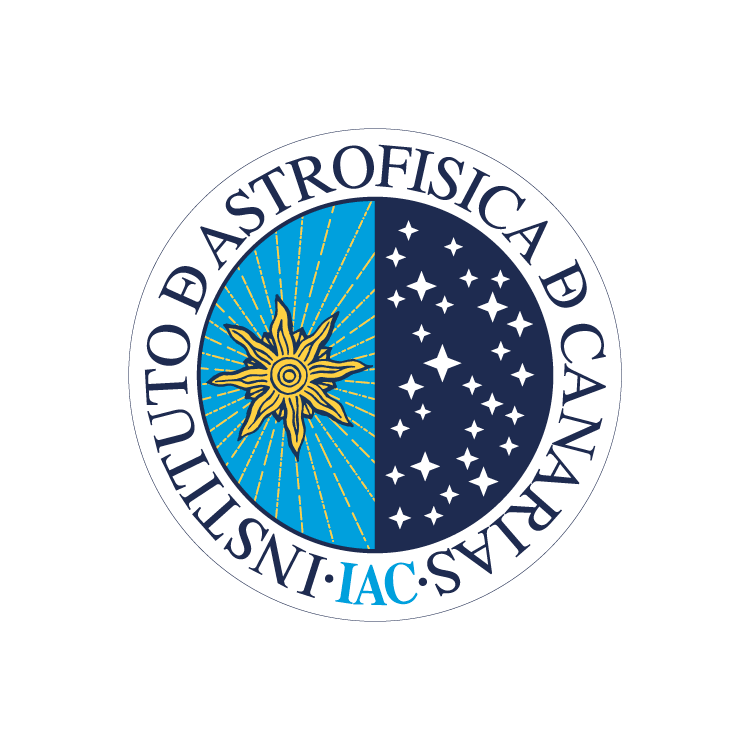Partners
Coordination
NUCLIO (Núcleo Interativo de Astronomia e Inovação em Educação) is a non-profit association and Non-Governmental Development Organization – NGO, created in 2001, and formed by a group of scientists, researchers, educators and teachers, specialized in different scientific domains as well as in psychology of education and science education. NUCLIO’s mission is to bring innovation and development in education to all parts of the world and to promote diversity, inclusion, and an engaging holistic education for all. Since the beginning, Astronomy has been a vehicle of choice for the accomplishment of this mission. NUCLIO coordinates the Galileo Teacher Training Program (GTTP) worldwide.
Project Partners
ESA (European Space Agency) is Europe’s gateway to space. Its mission is to shape the development of Europe’s space capability and ensure that investment in space continues to deliver benefits to the citizens of Europe and the world.
ESIA (European School Innovation Academy) provides ideias, tools, materials, information and training for school innovation for teachers. ESIA builds on the great efforts of the European Science Education Academy (ESEA) and the Open Discovery Space Academy (ODS). In 2019, both efforts to modernize teacher education have merged forces and established today’s European School Innovation Academy.
Faulkes Telescope Project is an education partner of Las Cumbres Observatory (LCO). Its aim is to provide free access to robotic telescopes and a fully supported education programme to encourage teachers and students to engage in research-based science education. Access to Faulkes resources and their partners is provided at no charge to teachers and students.
GHOU (Global Hands-On Universe) is a worldwide non-profit association, whose roots are in the Hands-On Universe project (University Of California at Berkeley). The mission of GHOU is to train teachers on the use of modern tools and resources for science education and engage students in international scientific projects. GHOU also aims to promote interactive science projects among GHOU countries and engage educators and students in a truly global cooperation. No borders or frontiers.
IAC (Instituto de Astrofísica de Canarias), recognized by the Spanish government as a “Severo Ochoa Centre of Excellence”, is a nationally funded research centre that runs two of the best international observatories in the world. Its mission is to promote all kinds of research in astrophysics and related fields, and to develop and transfer all related technology; to spread astronomical knowledge, collaborate in university teaching, and train scientific and technical staff in all areas related to astrophysics; to administer existing and future centres, observatories, and astronomical facilities; and to foster relations with the national and international scientific communities.
